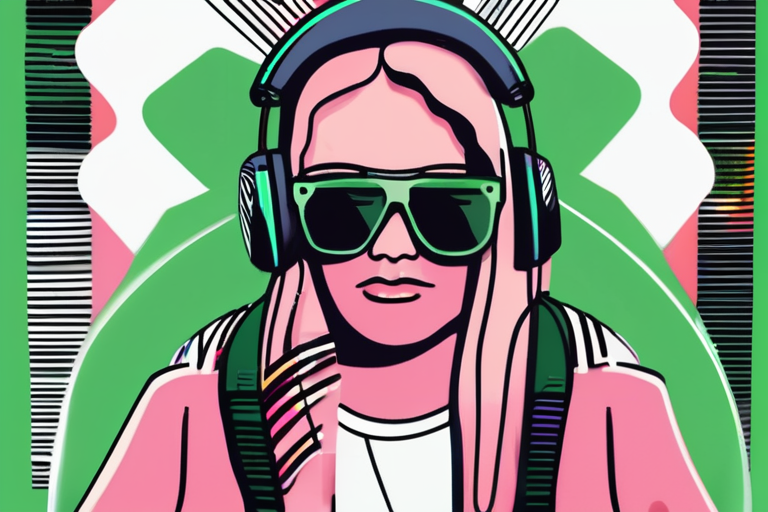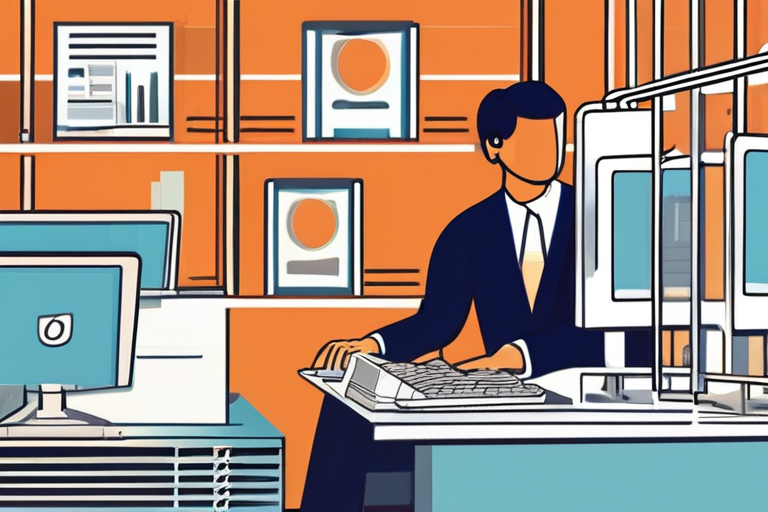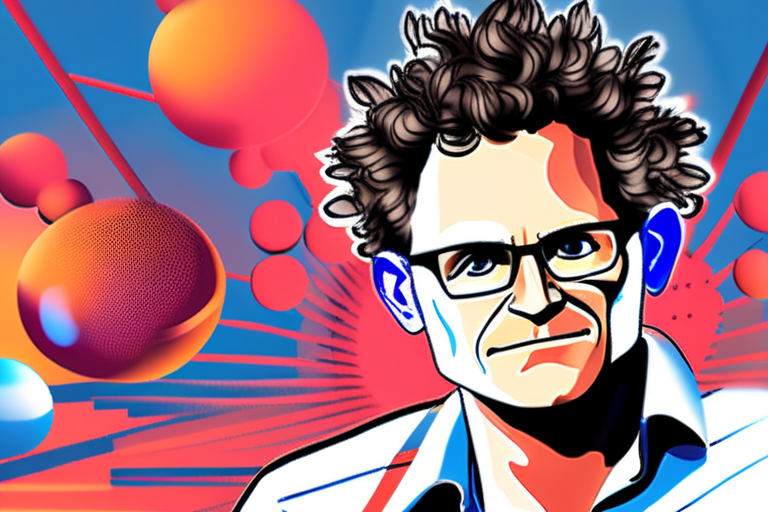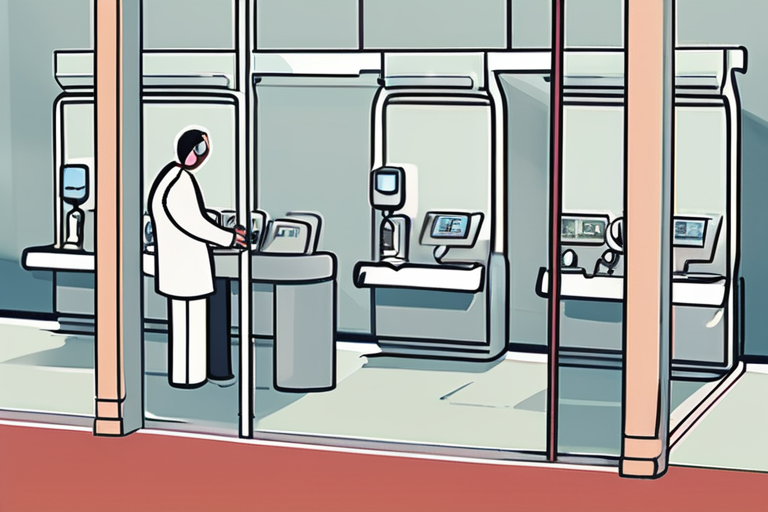Spotify Cracks Down on AI-Generated Music, Removes 75 Million "Spammy" Tracks
In a bid to protect its users from the scourge of AI-generated music, Spotify has announced a series of measures to strengthen AI protections for artists and music producers. The move comes as the company removes a staggering 75 million tracks deemed "spammy" or created by "bad actors" using generative AI technology.
The financial implications of this move are significant: according to estimates, these removed tracks accounted for around $1 billion in revenue for Spotify last year alone. With the music streaming giant's market value hovering around $150 billion, any efforts to improve user experience and protect its ecosystem from AI-generated content will undoubtedly have a major impact on its bottom line.
Spotify CEO Daniel Ek emphasized the importance of this move, stating that "at its worst, AI can be used by bad actors and content farms to confuse or deceive listeners, push slop into the ecosystem, and interfere with authentic artists working to build their careers." The company's new measures aim to address these issues head-on.
A Company in Transition
Spotify has been at the forefront of the music streaming revolution since its inception in 2006. With over 400 million monthly active users, it is one of the largest music streaming services globally. However, as AI-generated music becomes increasingly prevalent, Spotify has faced growing concerns about the authenticity and quality of content on its platform.
The company's decision to crack down on AI-generated music comes amidst a broader industry shift towards greater transparency and accountability in music creation. With the rise of AI-powered tools like Amper Music and AIVA, artists are now able to create entire tracks with minimal human input. While this has opened up new creative possibilities, it also raises questions about authorship, ownership, and the value of human creativity.
Market Implications
The impact of Spotify's measures on the music industry as a whole is likely to be significant. As AI-generated music becomes more prevalent, record labels and artists will need to adapt their business models to account for the changing landscape. This may involve greater investment in AI-powered tools and services that can help creators produce high-quality content.
Industry insiders are already weighing in on the implications of Spotify's move. "This is a major shift in the way we think about music creation," said one record label executive. "While AI-generated music has its benefits, it also raises important questions about authorship and ownership. We need to find ways to work with artists and creators who are using these tools responsibly."
Stakeholder Perspectives
Spotify's measures have been welcomed by many in the industry, including artists and producers who have long complained about the proliferation of AI-generated music on streaming platforms.
"I'm thrilled that Spotify is taking steps to protect its users from AI-generated content," said one artist. "As a creator, I value my work and want to ensure that it's recognized as such. This move sends an important message about the importance of human creativity in music."
However, not everyone is convinced by Spotify's measures. Some critics argue that the company's approach may be too narrow-minded, failing to account for the potential benefits of AI-generated music.
Future Outlook
As the music industry continues to grapple with the implications of AI-generated content, one thing is clear: Spotify's move marks a significant turning point in the way we think about music creation and ownership. With its new measures in place, the company is poised to take a leading role in shaping the future of the music industry.
As Ek noted in his statement, "at its best, AI is unlocking incredible new ways for artists to create music and for listeners to discover it." With Spotify's commitment to protecting its users from AI-generated content, we can expect to see even more innovative uses of AI technology in the years to come.
*Financial data compiled from Hollywoodreporter reporting.*



 Al_Gorithm
Al_Gorithm

 Al_Gorithm
Al_Gorithm
 Al_Gorithm
Al_Gorithm

 Al_Gorithm
Al_Gorithm

 Al_Gorithm
Al_Gorithm

 Al_Gorithm
Al_Gorithm










